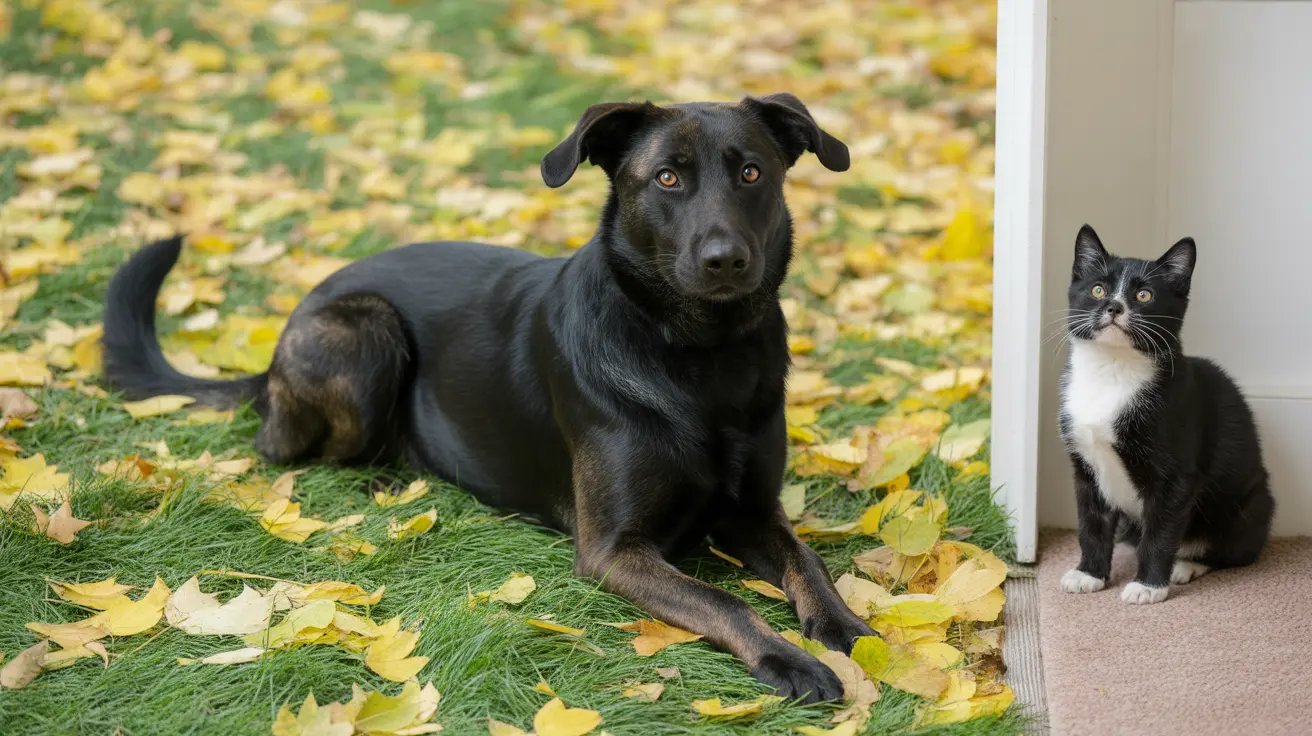Understanding the Ingredients and Safety of 'Dirty Water' Hot Dogs
'Dirty water' hot dogs are a staple of New York City street food culture, known for their distinctive preparation and savory flavor. Despite rumors over the years about questionable contents, no evidence from the provided information suggests any contamination by human DNA. This article explores the detailed preparation, cultural relevance, and composition of these iconic street delights to clarify misconceptions and reinforce food safety awareness.
What Are Dirty Water Hot Dogs?
Contrary to what the name implies, the water used in preparing dirty water hot dogs is not literally 'dirty.' The term refers to the seasoned, briny liquid these hot dogs are cooked in. The flavor-rich water includes ingredients like:
- Red wine vinegar
- Garlic powder
- Cumin and nutmeg
- Red pepper flakes
- Sauerkraut or pickle brine
Over time, as hot dogs are simmered, juices and fats mix with spices, developing a cloudy appearance. This process enhances the flavor, yielding savory, tender franks that are different from grilled versions.
The History Behind the Tradition
The tradition began out of necessity. Early hot dog carts in NYC were often constructed from wood, making open flames a fire hazard. Steaming or simmering franks in seasoned water became the safer alternative and added flavor. Vendors embraced this method, using it to craft a food item that's become as much a part of the city's culture as its skyline.
Common Brands and Meat Ingredients
Popular brands like Sabrett, Nathan's Famous, and Hebrew National often supply the dirty water dogs sold around the city. These hot dogs are primarily made from beef, and both skinless and natural-casing versions are used. While natural-casing franks provide the characteristic 'snap', skinless varieties are also prevalent for their consistent texture and cost-effective benefits.
Preparation Methods
Each vendor typically uses a unique blend of spices in the water. New Yorkers and visitors alike can expect some of the following ingredients in their dirty water hot dogs:
- Bay leaves
- Celery salt
- Ketchup or tomato juice
- Chili powder
Hot dogs are boiled then held at 140°F or warmer to meet city food safety regulations. They're not usually kept in water for more than 15–20 minutes to preserve optimal texture and flavor.
Traditional Serving Style
The classic New York-style presentation includes a steamed bun with spicy brown mustard. Traditional toppings often include:
- Sauerkraut
- Onion sauce (onions cooked in tomato paste and spices)
Some vendors prepare their own variations of the onion sauce, while others use pre-made versions to ensure consistency and ease of service.
Do Dirty Water Dogs Contain Human DNA?
Numerous rumors and internet myths have circulated over the years involving human DNA being found in various food items, including hot dogs. However, no such finding appears in the provided source material. The article thoroughly examines the preparation and ingredients of dirty water hot dogs without mentioning contamination by human biological material.
Claims involving the presence of '2% human DNA' in hot dogs have been largely debunked or lacked scientific credibility when scrutinized. Studies cited in such reports often failed to distinguish between human DNA from skin cells (e.g., handling) and biological tissue. Furthermore, regulatory bodies conduct regular inspections to ensure food safety compliance.
Culinary Comparison: Boiled vs. Grilled Hot Dogs
Dirty water dogs are juicier and more tender compared to their grilled counterparts. While grilled hot dogs develop a smoky and complex flavor due to the Maillard reaction, dirty water dogs offer a uniform savory taste that blends subtly with the brine.
This distinction in preparation methods results in the following differences:
- Texture: Boiled is softer; grilled is firmer and more robust.
- Flavor: Boiled has a milder, savory flavor; grilled emphasizes smoky, charbroiled notes.
- Appearance: Boiled remains light and moist; grilled develops charring and darker exterior.
Sociocultural Impact
Dirty water hot dogs have become cultural icons in NYC, often referred to as a gastronomic equalizer. People from all walks of life—tourists to celebrities—enjoy them. High-profile and respected figures like former Mayor Michael Bloomberg and chef Anthony Bourdain have praised the street-side delicacy.
Recreating Dirty Water Dogs at Home
For enthusiasts wanting to recreate this NYC staple, it’s as easy as:
- Simmering water with red wine vinegar, cumin, garlic powder, nutmeg, and optional curing salt.
- Adding hot dogs once the water reaches a bare simmer.
- Cooking for 10+ minutes, then serving on steamed buns with desired toppings.
Final Thoughts
While exotic myths and food scare stories often circulate on the internet, it's important to identify trusted sources. The dirty water hot dog, while possibly intimidating in name, remains a regulated, safe, and iconic delicacy of New York street food culture. Consumers can enjoy them with confidence, knowing their flavorful bite holds rich tradition—not 2% human DNA.





